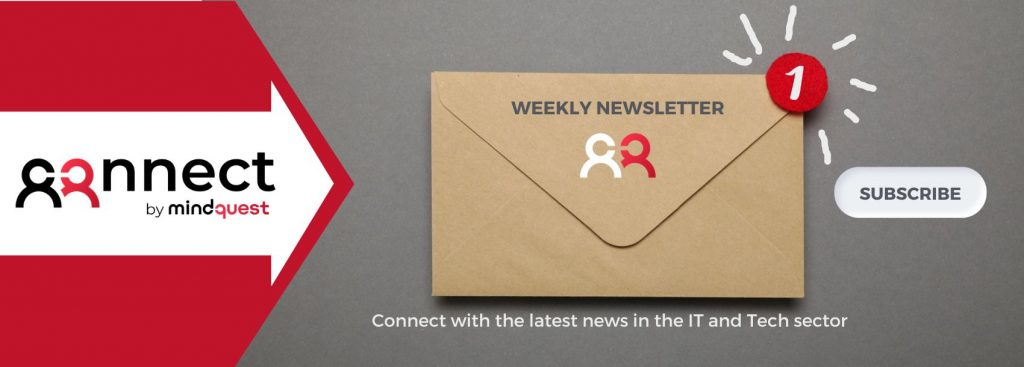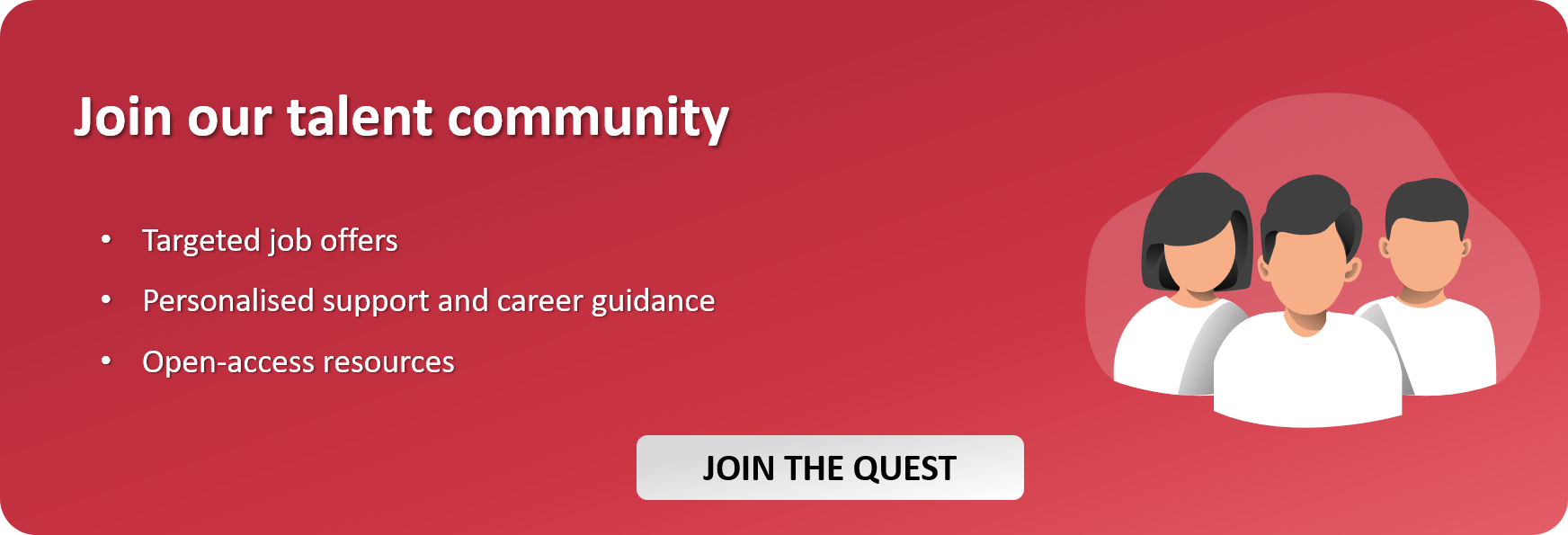SAP project management expert John Micale is Customer Experience Account Manager at oXya, a Hitachi Group company delivering leading SAP run management, consulting and cloud hosting services.
John is tasked with ensuring that a consistent, high-quality service is provided to all of the company’s customers, overseeing client relationships, project management and business development.
He tells us about his career beginnings and shares tips for efficient SAP project management and career advancement.
Interested in SAP careers and SAP project management? You might also enjoy this interview about another possible career path for an SAP consultant.
How did you get started in tech? How did you start working at oXya?
I’ve been using computers, playing video games and using technology since I was a kid. When it was time to choose a university, I decided to pick one that specialized in engineering and technology. I earned my degree in computer engineering, and that kind of led me on to this track of IT and how I wound up at oXya. And it’s kind of a funny story.
When I was in school, I was looking for a job in my last year. I was doing interviews and did an interview with oXya. I had no idea who they were or what SAP and Basis were, but they were really compelling, and they said that they could teach me.
I actually got a job offer from them. But I still had one semester of schooling left, so I couldn’t take the job. But they said “try again in the springtime. And so, I applied for the job again in the spring and they hired me. I really appreciated that opportunity from them.
What are the advantages of working at a specialist consultancy or service management company like oXya, as opposed to working in-house for a sole company?
Number one is definitely diversity in experiences. So, having the exposure to different industries, different customers using different products. You gain a lifetime’s worth or even multiple lifetimes worth of experience and background in just a few years. And I think that was incredible for me and for many of my colleagues working at oXya.
Number two is diversity in projects and technologies. So, touching every kind of operating system and version, every kind of database product, every kind of SAP product. Many companies say “OK, I’m going to use ECC, or I’m going to use Linux.” And that’s it. That’s the decision they made and maybe, every 10 years, they change products and you’re stuck with the same thing. Having that diversity keeps you sharp.
Another thing is that clients who typically use SAP are large and very corporate customers. And, if you are working with them, you’re automatically included in a very corporate environment. Being part of a smaller company like oXya, we have more of a startup-like vibe. So you kind of get the best of both worlds. You get smaller teams and a tighter community, and you move more rapidly, but you can still support this product, SAP, which is this huge corporate tool.
What about the challenges?
The learning curve is really steep. For example, I didn’t know what SAP was, or I didn’t have a lot of strength in database technologies, and to take all of that in at once is quite a lot. If you stick with it, you can catch up at some point, but the learning curve is really steep.
And the projects don’t ever end. That can be a good thing too, that can be in the good category. It depends on what kind of personality you have, but there’s no respite. You are working for a big corp, and they have this upgrade project that lasts two years. And then that’s it for them for a while, whereas, on our side, we’re doing a new project every three months, and it hasn’t stopped in 10 years for me.
After two years in a technical position, you transitioned into a more managerial role. What advice would you give to other specialists looking to take that step?
Being a manager is a job. It’s not just an extra task that you have to do. It took me a long time to realize that, and I see that mistake happen often with new managers. To do it correctly, you have to prioritize that role. It’s not just about having to approve someone’s time off or something like that. The investment in training and people is a full job. If you’re mixing this job as a manager with your technical job, for example, that’s often a recipe for disaster where you choose one priority over another and one of those two will suffer.
Internal company relationships are really important too. That’s an important part of being a manager. It’s not about being a brown-noser or saying nice things to your boss. But management roles are based on trust and execution. There’s not a binary output most of the time, so you have to be a reliable person, and you have to make sure that you are sharing your reliability and your credibility with your managers and with your team.
What are the keys to effective SAP project management?
Understanding the project. I think that’s like the number one. It sounds like a silly thing to say, but I think often folks come in and they say “OK, here’s a project and I’m going to follow a checklist.” But you have to really understand why. Why are we doing this project? What is the real purpose?
Normally there’s a CIO or CFO at some company who has to make some decision, and that trickles down eventually to many projects. And, if you’re not aware of the big picture, then you might not really understand what kind of impact you’re trying to make. So first, you really need to understand the project.

Secondly, coordination in SAP project management is incredibly important, the synergy. And not just internally with your teams and your company, but with your customers or with their third parties. Every customer now has 5-10 vendors, and there’s an expectation that vendors can work together, that there can be synergies and there is not a weak link.
Also, keeping commitments is really important for project management. Everything is essentially a stack of dominoes. If you miss a target, that’s going to affect the whole project. And that doesn’t build trust and or credibility. So, if you’re making commitments, they have to be realistic and you have to keep those commitments. Everything else falls right into place once you meet that.
The deadline to migrate to S/4HANA is rapidly approaching. What do you see as the biggest challenges for a smooth transition?
It all starts with a kind of a legacy mindset. Most customers that are on ECC today say “it’s been working this way for 10 years, 15,20 years. Why do we need to change it?” They say “they will move the goalposts again. Why do we need to make this transformation?”
But the web of external interfaces that connect to ECC makes any concept of transformation really challenging for most customers, especially these really legacy customers. S/4HANA is designed to solve that problem. It’s designed to eliminate the complexity, simplify the code base, simplify the connectivity to it, and kind of futureproof SAP customers from that kind of problem in the future. But making that transformation is still really painful and usually very expensive.
I think the value proposition is really what isn’t obvious for most customers. If you can communicate the future state of the company, not what it will look like in one year or two years after some migration or upgrade, but what it’s going to look like in 5, 10, 15 years; if you can make them see how S/4HANA or cloud-based tools can reimagine their supply chain or things like that, I think that’s when they have the a-ha moment.
It’s not about taking your car and just changing the tires. It’s about turning it electric. It’s a total redesign of the whole concept.
What’s the best career advice you have ever been given?
I would say I had two great career advices. One was to stay humble and have humility with your peers, have humility with your customers. If you’re scoring all the time, it feels good to think that you’re a champ and everything goes right. But then you’re exposing yourself to vulnerabilities or blind spots. So, stay humble. Wins are wins, which is great, but sometimes you need to have an open perspective.
And the second best advice I have been given is: be a buoy. What do I mean by that? Like a buoy in the ocean. Sometimes you want to just be like a Godzilla and knock stuff around and shake things up, especially when things aren’t going well. But, almost all the time, people are looking for stability. They’re looking for reliability, accountability. And, I’ve realized over the years that people will flock to you naturally if you’re stable, if you’re consistent. So be a buoy like in the ocean.
Where do you see yourself in 5-10 years?
I want to help radically change what customers experience from SAP outsourcing. That’s like a super bold claim, but I think that outsourcing as a concept has always had a bad rep. And I think that a partner can be more empathetic, less transactional. We can be an equal in their organization and be a real partner.
And I’m seeing with my customers that, when they’re treated this way, we get a different experience. They treat us like people, they treat us like partners. They even have more flexibility with us, which says a lot. They don’t have to give us any kind of flexibility, but they do it.
So, I would really like to make that kind of change, and I really want to help train others in this kind of methodology.I want our industry to be more empathetic and more partner-focused. In the real sense. Not in the corny corporate sense, but in a real in a real sense. To really make a difference. Because, otherwise, what are we doing?
For more tips on SAP project management, careers and consulting, make sure to follow John on LinkedIn.
You can also explore our S/4HANA careers guide for a comprehensive overview of how to embark on this promising career journey.


